01 Jan 2001
Kajaran: Metamorphosis of Stone
Humans transform the world. In a stone mine, huge majestic rocks are blasted into pieces and after passing through the stone processing line, they gradually transform into pebbles.
As a result of the second Karabakh war, a village should be ceded to Azerbaijan since a new highway is built through the Lachin corridor. The family of Narine, like many other Armenian families, needs to find a new place.
01 Jan 2001
Humans transform the world. In a stone mine, huge majestic rocks are blasted into pieces and after passing through the stone processing line, they gradually transform into pebbles.

21 Feb 2025

The Falcons is an intimate, observational documentary that delves into the world of the Tshakhruk Ethnoband, a remarkable musical ensemble in the Armenian highlands. Comprised of special-needs children that reside at the state orphanage, these young musicians find solace, strength, and self-expression through the transformative power of music.
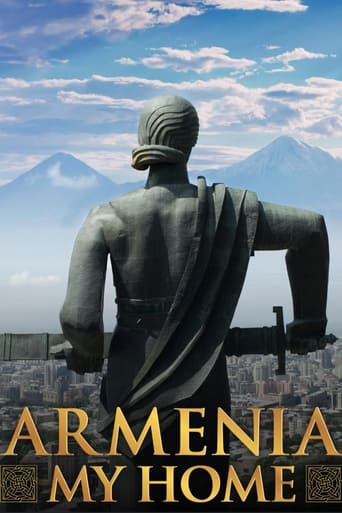
24 Feb 2024

Experience spectacular aerial and ground views and cultural revelations of a country like no other in a virtual tour of Mount Ararat, Khor Virap, Yerevan, the Genocide memorial, and more. Narrated by Andrea Martin, the documentary features prominent voices from the Armenian diaspora including Eric Bogosian, Chris Bohjalian, Peter Balakian, Michael Aram, and others.

06 Oct 2017

Though both the historical and modern-day persecution of Armenians and other Christians is relatively uncovered in the mainstream media and not on the radar of many average Americans, it is a subject that has gotten far more attention in recent years.
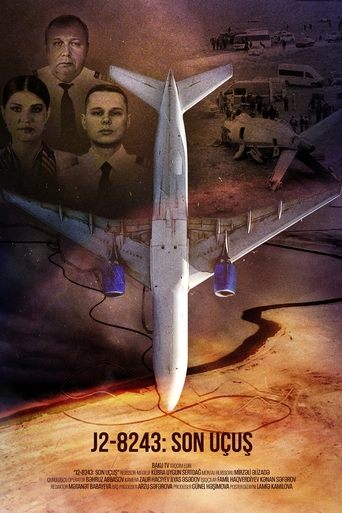
25 Feb 2025

No overview found
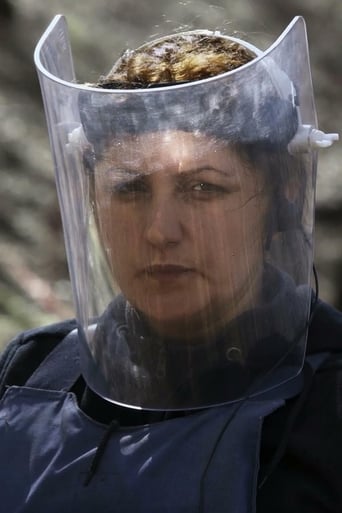
01 Oct 2019

Ever since the war in Nagorno-Karabakh, the still disputed territory is contaminated by landmines. This documentary follows five female de-miners on their risky job.
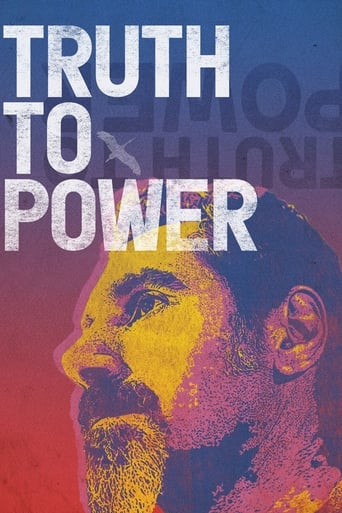
15 Apr 2020

The Grammy-winning lead singer of System of a Down, Serj Tankian helps to awaken a political revolution on the other side of the world, inspiring Armenia's struggle for democracy through his music and message.
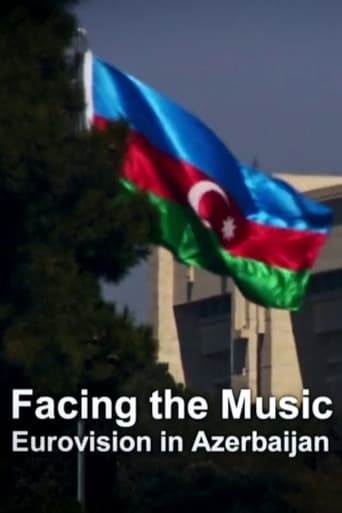
28 May 2012

It's one of the most corrupt countries in the world and widely criticised for its human rights record but this year Azerbaijan is hosting Eurovision - one of the most glitzy TV music competitions in the world.

22 Mar 2005

More than one million Armenians perished between 1915 and 1916 in massacres or brutal deportation programs. Turkey still denies it ever happened. Laurence Jourdan examines massacres of Armenians in the decades leading up to the mass murder, and the geopolitical situation both before and after the genocide. Contemporaneous reports and documents written by Western diplomats stationed in the Ottoman Empire describe the methods used and the deportation routes. These accounts are mixed with personal stories from the living survivors and archive footage from Ottoman authorities.
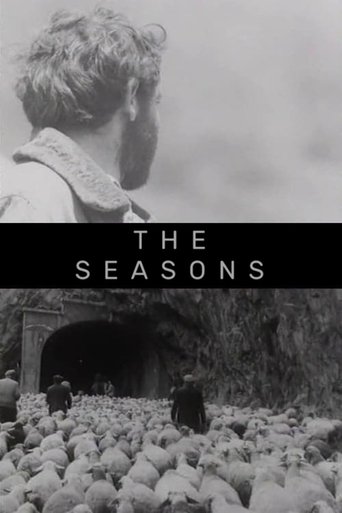
01 Jan 1975

The last collaboration of Artavazd Peleshian and cinematographer Mikhail Vartanov is a film-essay about Armenia's shepherds, about the contradiction and the harmony between man and nature, scored to Vivaldi's Four Seasons.
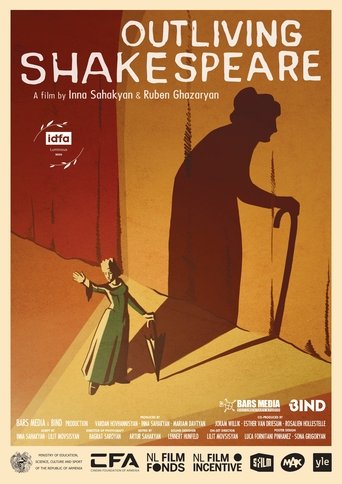
18 Nov 2025

In a decaying Soviet-era retirement home, a vibrant group of elders cling to life by staging Shakespeare. Yet loneliness lingers beyond the theater’s doors, until drama begins to blur with reality.
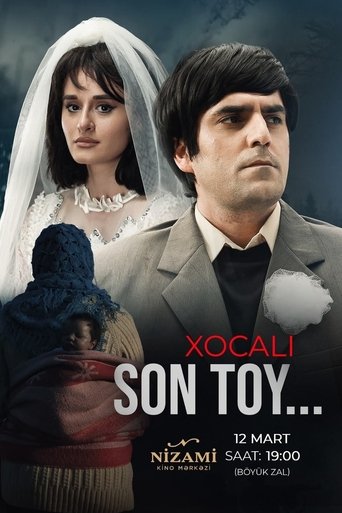
12 Mar 2025

Based on the last wedding ceremony that was left unfinished 33 years ago due to the shelling of Khojaly by Armenians.
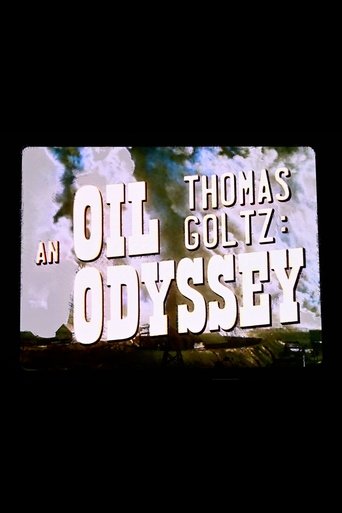
13 Jun 2025

A documentary that follows Thomas Goltz and a group of riders on old Soviet motorcycles as they carry the first symbolic barrel of Caspian oil from Baku to Ceyhan along the future BTC pipeline. Using rare historical footage, personal interviews, and scenes captured during the journey, the film shows Goltz's legacy as a war reporter, his strong connection to Azerbaijan, and how oil shaped the identity of the country.
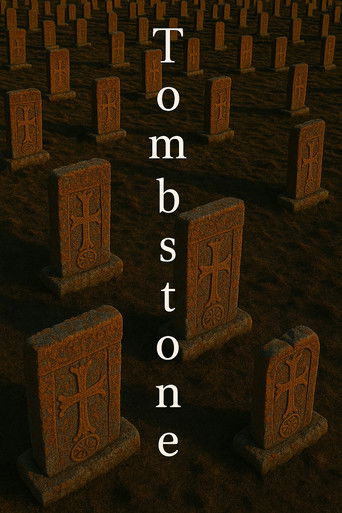
09 Aug 2025

This movie tells the story of the centuries of cross-stones and how firmly they stand on the face of the earth, but at the same time, people forget about them.

16 Sep 2021

A feature documentary presented and directed by former Royal Marines Commando Emile Ghessen. The documentary tells the story of the 2020 war between Armenia and Azerbaijan over the disputed region of Nagorno Karabakh. In the fall of 2020, Armenia and Azerbaijan fought a brutal bloody war. Azerbaijan won, decisively. The feature documentary 45 Days: The Fight for a Nation tells the story of this conflict, from the Armenian perspective, focusing on the human cost of war and its impact on the large Armenian diaspora.
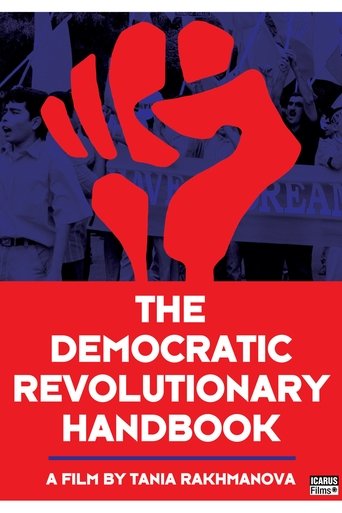

The recent democratic revolutions throughout Eastern Europe—Serbia in 2000, Georgia in 2003, and the Ukraine in 2004—all seemed to follow a quick and easy pattern: the exposure of rigged elections, followed by massive street protests, and a regime that collapsed without a fight. But THE DEMOCRATIC REVOLUTIONARY HANDBOOK reveals the lengthy and meticulous preparations behind these seemingly spontaneous demonstrations, showing how modern marketing techniques have combined with revolutionary politics to transform the region's governments.
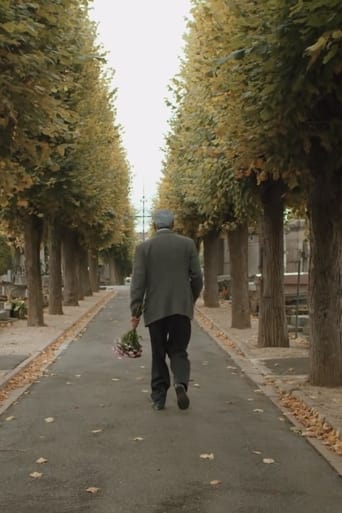
22 Jan 2016

The film "Eternal Mission" tells about the tumultuous fate of the delegation of the Azerbaijan Democratic Republic sent to the Paris Peace Conference in January 1919 under the leadership of Alimardan Bey Topchubashov, the Speaker of the Parliament.
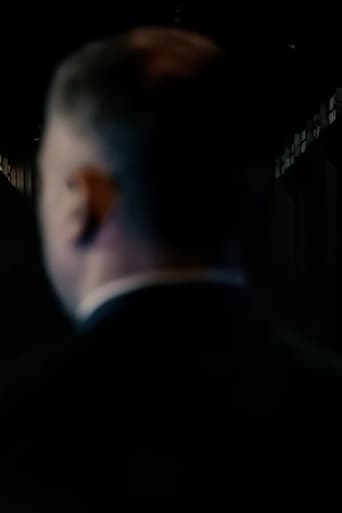
28 Mar 2023

"La Vira - the secret menu" documentary produced by the State Security Service in collaboration with Real TV

17 Apr 2006

Explores the Ottoman Empire killings of more than one million Armenians during World War I. The film describes not only what happened before, during and since World War I, but also takes a direct look at the genocide denial maintained by Turkey to the present day.

23 Oct 2007

Stone, Time, Touch is a documentary made by Gariné Torossian about the relationship of three Armenian women from the diaspora with the land of Armenia. The young woman (played by Kamee Abrahamian) is visiting Armenia for the first time. The older woman, Arsinée Khanjian has a more conflicted and analytical perspective of her identity and her relationship with the fledgling democracy, one of the former Soviet Union republics. She has been to landlocked Armenia many times and comments on photos taken by French photographer Marc Baguelin. The third trajectory is more subtle and is represented by Gariné Torossian herself whose face is super imposed from time to time in this stylistically-layered documentary.